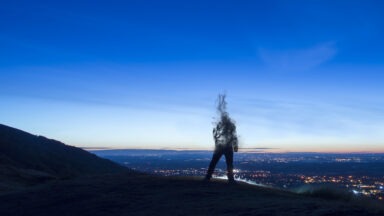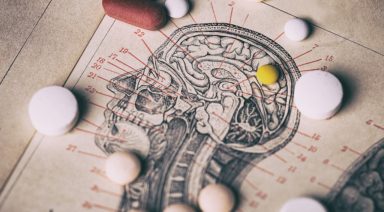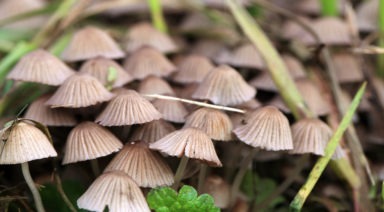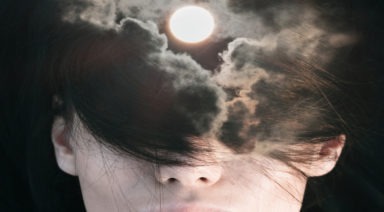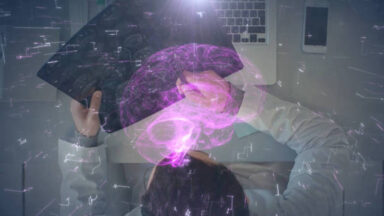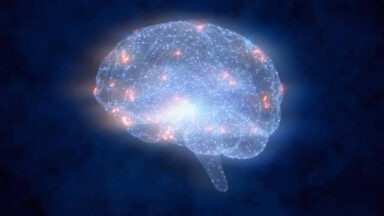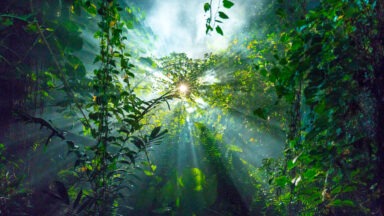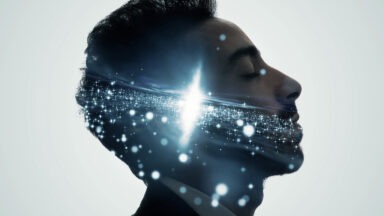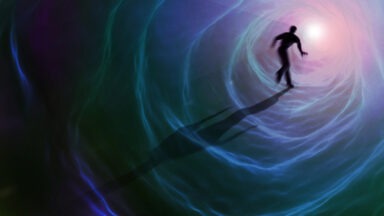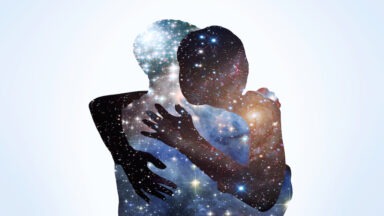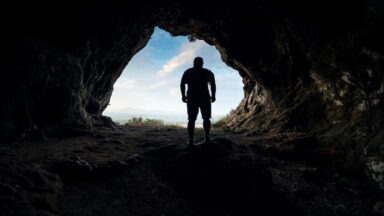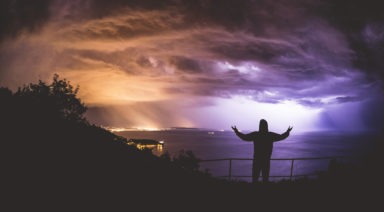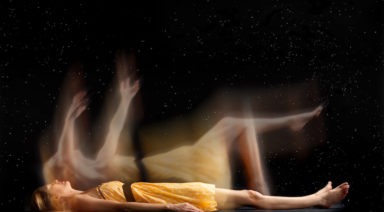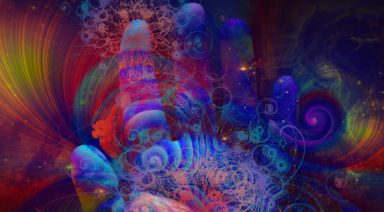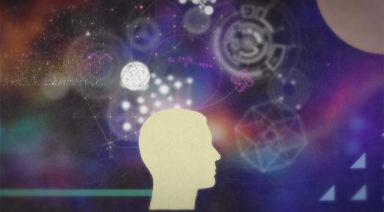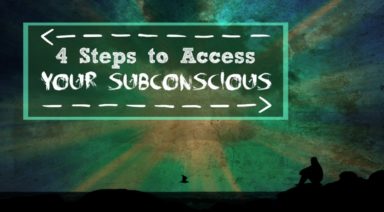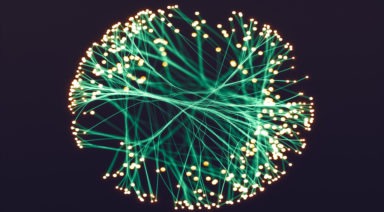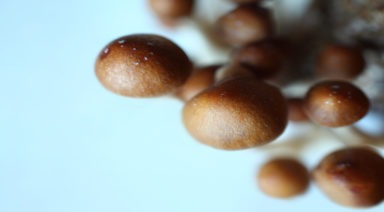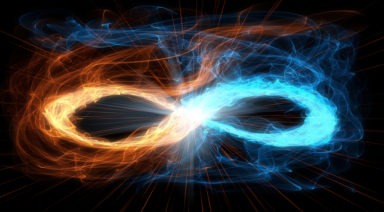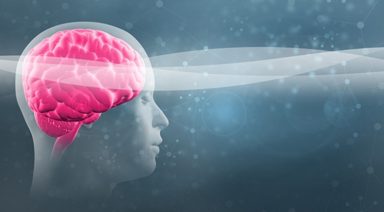Study Finds Ayahuasca Affects Epigenetic Gene Expression
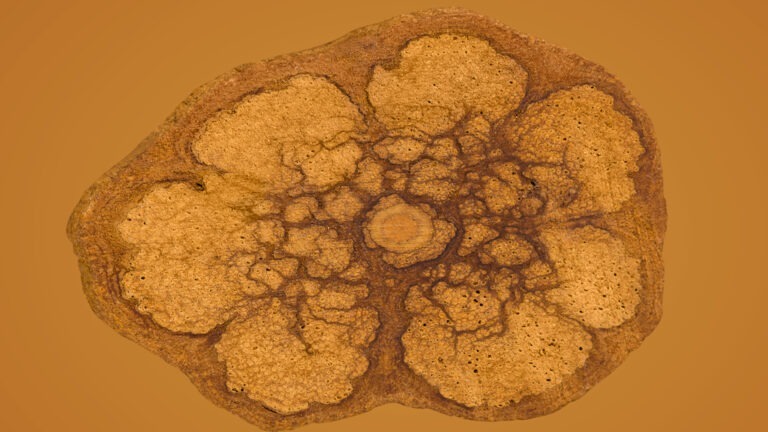
In this Gaia News special investigation, we take a look at groundbreaking new research being done on ayahuasca, an ancient psychedelic plant medicine showing great promise in addressing the most difficult to treat mental health conditions, and may even change our DNA.
Dr. Simon Ruffle is a psychiatrist and researcher who led this study conducted in the Peruvian Amazon.
“Ayahuasca is a psychedelic brew that is used in the Amazon rainforest. It’s been used for at least hundreds of years and there’s some evidence that suggests that it may have been used for thousands of years,” Ruffell said.
“It’s used for a wide variety of purposes and normally by indigenous tribes. It’s used most commonly, now, for healing. And there’s been a lot of interest from people from the West going to the Amazon rainforest in order to drink ayahuasca. And also ayahuasca is spreading all over the world and now can be found on pretty much every continent.”
Watch Part 1:
In part two we look at how researchers found a statistically significant change in the expression of the SIGMAR-1 gene which is thought to be involved with how traumatic memories are recalled.
Watch Part 2:
Brain Scans of Shamans Show Ability to Alter Consciousness Naturally
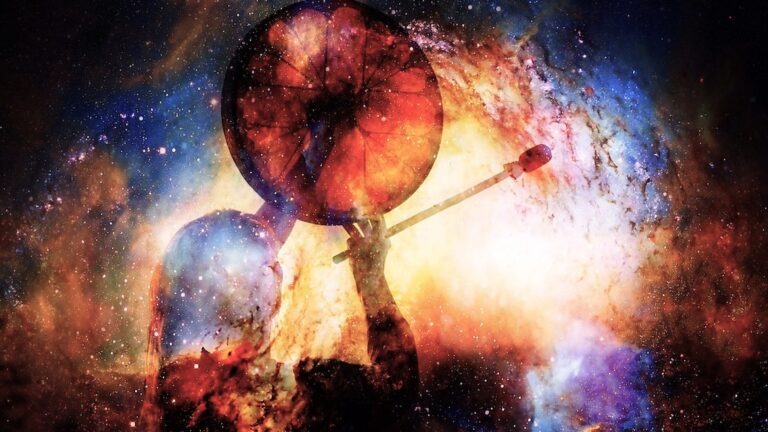
A new study is the first to investigate what occurs in an alternate state of consciousness by looking inside the brain of a shaman.
Shamanism is considered to be the most ancient form of healing and spiritual practice. While science has been studying the healing benefits of the psychoactive plants used by shamans to enter into an altered state of consciousness, there have been very few studies to look at the neurological nature of the state itself. A groundbreaking new study investigated the shamanic state of consciousness accessed without the use of psychedelics.
Carlos Tanner is a longtime student of traditional shamanism and the director of the Ayahuasca Foundation. an educational and ceremonial center in Peru. “Shamanism refers to an alternate dimension, a dimension where spirits reside, where communication is possible, where greater insights can be acquired and brought back to the waking-day life,” Tanner said. “So a shaman would be someone who can enter into a different dimension and then pull that back.”
The process by which shamans access this state is rooted in the rich tradition of what Tanner calls, a ‘science of consciousness enhancement.’
“Oftentimes, there is the term ‘ceremony’ to describe the intentional entrance into this shamanic state. So there would be a preparation where there might be rituals to essentially prepare, certain clothing might be worn, and the use of certain tools, oftentimes a musical instrument, might be used,” Tanner said.
“All of those are a beautiful science of consciousness enhancement that, I think, has been developed through the continual use of a psychotropic substance, although to a point where, in many cases, the psychotropic substance is no longer needed to enter that state because the consciousness enhancement that was provided by the psychotropic substance can be accomplished without it.”
Richard Harris Ph.D. is a researcher at the University of Michigan who conducted the recent study on the shamanic state of consciousness. Dr. Harris and his team were interested in investigating this state in its purest form, unaffected neurologically by the use of any exogenous substances. To facilitate the entrance into the altered state without the use of psychedelics, the practitioners all listened to a recording of shamanic drumming.
“So, we did a study with 24 shamanic practitioners and 24 normal, control individuals and we collected EEG data (electroencephalogram data), you know brain activity data, while each participant had their eyes closed while they were listening to classical music which was the control condition, and then while they were listening to shamanic drumming music which was the more experimental condition,” Dr. Harris said. “So, what we’re doing with the shamanic drumming, we’re using the person’s own physiology to engender the state.”



